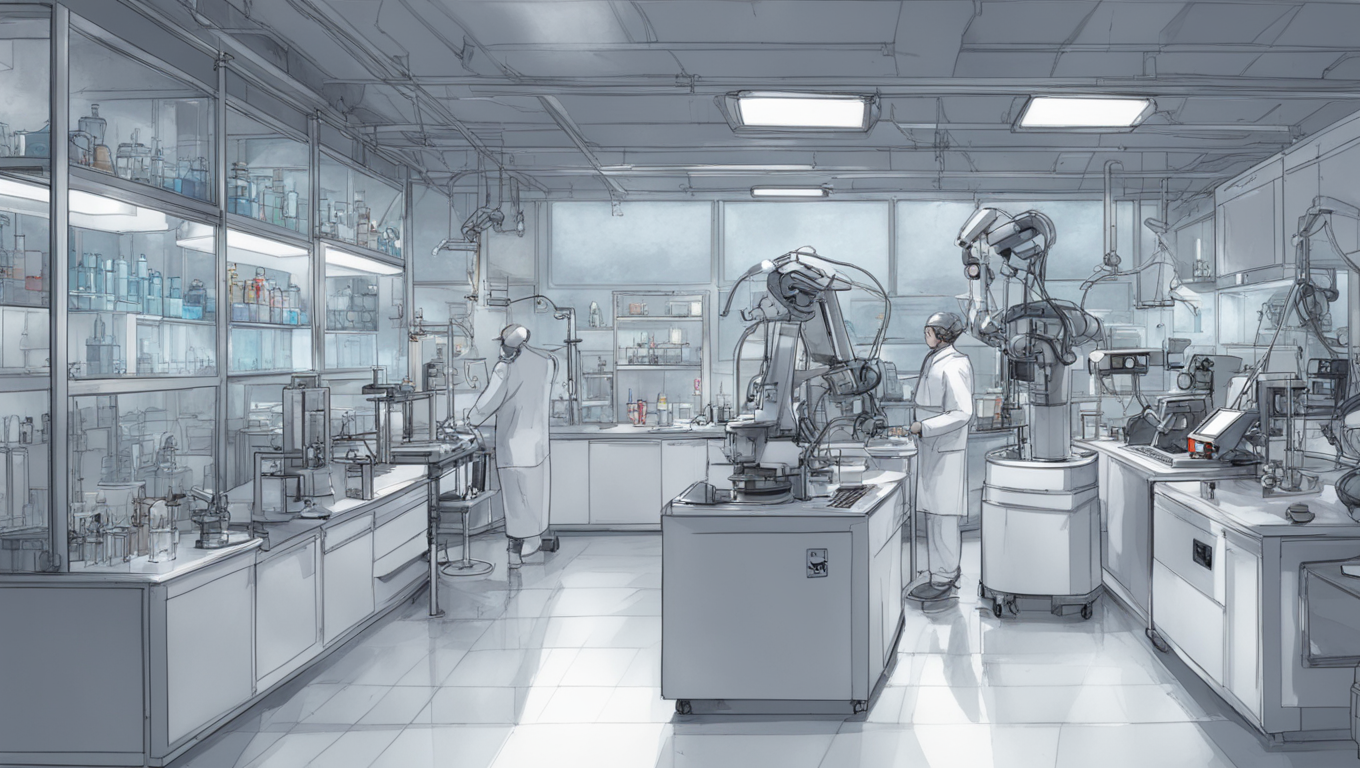Stakeholders in the healthcare sector are urging the pharmaceutical industry in Africa to adopt Artificial Intelligence (AI) to reduce the lengthy and costly process of drug production. It currently takes around 10 to 15 years and approximately $2.5 billion to develop a new medicine, with a success rate of clinical trials standing at less than 15 percent. This has led to challenges such as limited access to affordable medications, creating a high cost burden for patients across Africa.
Abimbola Adebakin, the founder and CEO of Advantage Health Africa, highlights the impact of exorbitant drug prices on Nigerians, saying that many are unable to afford their necessary medication, leading to missed doses or complete discontinuation. Adebakin attributes this problem to the heavy reliance on imported medicines and sees the solution in leveraging AI for drug production, as well as in other healthcare areas like radiology, diagnosis, and public health.
By using AI technology, Adebakin believes that Africa can significantly reduce drug production time from 10 to 15 years down to just one year. Additionally, the cost of producing new drugs could be cut down to 10 percent of the current figure, with the success rate of clinical trials potentially reaching 70 percent. These advancements would be crucial in addressing the healthcare needs of Africa’s growing population and reducing reliance on Asia and India for medications.
AI has the potential to revolutionize the healthcare sector in Africa by enabling more efficient and cost-effective drug production, ultimately reducing the burden on patients. The discussion held by the Science Development Network aimed to bridge the gap between technology and healthcare in Sub-Saharan Africa, emphasizing the importance of embracing AI solutions to transform the future of healthcare in the region.
This push for AI adoption in drug production is not limited to Africa. Globally, researchers and experts are recognizing the power of AI in accelerating the drug development process. According to Ray Kurzweil, a renowned futurist and pioneer in AI, “AI allows researchers to sift through massive amounts of data, identify patterns, and make predictions with unparalleled accuracy. This enables the identification of potential drug candidates and speeds up the clinical trial process, ultimately saving time and resources.”
However, there are also concerns surrounding the ethical implications of using AI in healthcare. Matthew Dressel, an AI ethics researcher, emphasizes the importance of ensuring transparency, fairness, and accountability in the deployment of AI solutions. “While AI has tremendous potential for improving healthcare, it is vital to address issues such as bias, privacy, and the potential for algorithmic discrimination,” he says.
Despite these challenges, the potential benefits of embracing AI in drug production are significant. By leveraging the power of AI technology, Africa can drastically reduce the time and cost of developing new drugs, making them more accessible and affordable for patients. This would not only improve healthcare outcomes but also stimulate innovation and economic growth in the region.
As the demand for healthcare continues to rise, it is crucial for stakeholders in Africa’s pharmaceutical industry to embrace AI and collaborate with innovators to accelerate progress in drug production. By doing so, Africa can position itself as a leader in healthcare innovation and create a more sustainable and inclusive healthcare system for its population. The time to act is now.





Use the share button below if you liked it.